If you have taken a loan for any purpose whether for buying a house or for education or you have availed the facility of Electronic Clearance System (ECS) for services that you receive regularly or you have a credit card and fail to make the payment on time for your dues and your cheque does not get clear and bounces because of any reason then this is a criminal offence.
Reasons for cheque bounce-
- Insufficient Funds- the first and most important reason of cheque bounce is insufficient funds. If you(payer) issue a cheque in favor of a person(payee) and the person goes to get the cheque cleared from the bank but if there is insufficient balance in your bank account then the cheque will get bounced and the defendant can move to the court against you.
- Unclear/expired date- The date is an important part of a cheque and if the date is unclear or 3 months have passed from the date mentioned on the cheque to the date of deposit of cheque in the bank then the bank will dishonor the cheque.
Also, post-dated cheques get bounced if they are submitted in the bank before their maturity date i.e the date entioned on the cheque.
- Signature Mismatch- If the bank founds any reason to believe that the signature on the cheque are not matching to the original signature of the account holder then bank can dishonor the cheque.
- Overwriting on cheque- A cheque can also be dishonored because of overwriting or cutting on the cheque. If the bank finds that the the cheque received is forged (taken fraudulently) then also it can dishonor the cheque.
- Torn/Ripped cheque- If the cheque’s condition is not good or damaged then the banker can dishonor the cheque.
- Mismatch of amount in words and numbers- The cheque can be dishonored when there’s a mismatch in the amount written in figures and words.
Section 138 of the Negotiable Instruments Act 1881 deals with the dishonor of cheques. If a cheque gets dishonored due to insufficient funds or you have an overdraft account with bank and the cheque’s amount is greater than your overdraft limit, then the provisions of section 25 are attracted and as per that the defaulter can be held for imprisonment for a period which may extend to 2 years or with a fine that is double the amount of cheque/electronic fund transfer or with both.
How to avoid situations of cheque bounce?
Maintain Sufficient Funds- the account from which a transfer is initiated or cheque is issued should have sufficient balance to cover the payment.
Approach the lender/payee- if the cheque is likely to be dishonored then the person in whose favor the cheque has been issued should be approached and requested not to deposit the cheque in the bank until sufficient funds are arranged for the payment.
If you are the recipient of the payment and the cheque issued to you gets dishonored then you must take legal action against the defaulter within a reasonable time because time lapse can give the defaulter an opportunity to escape his legal obligation.

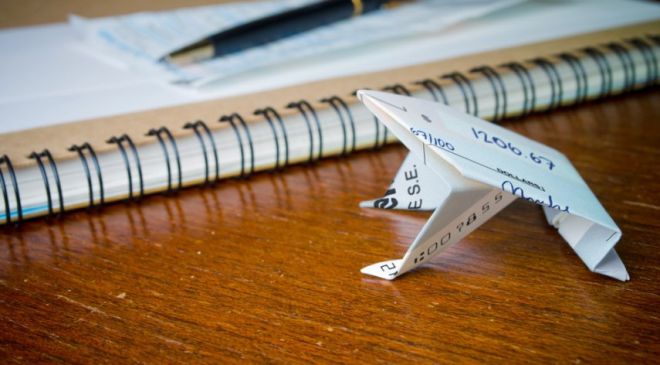
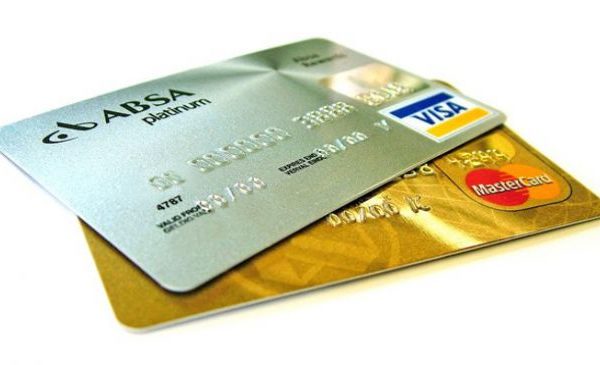
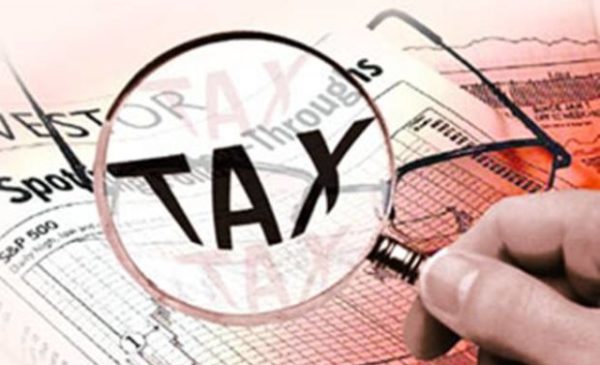

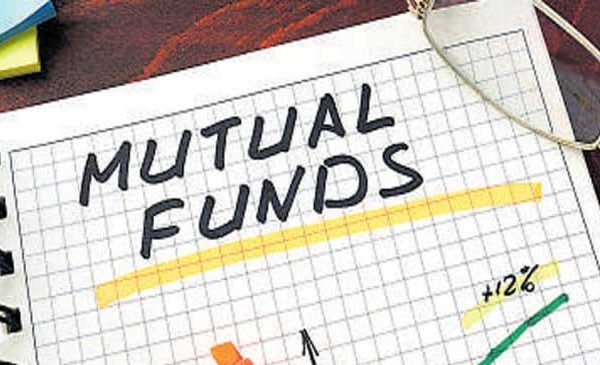

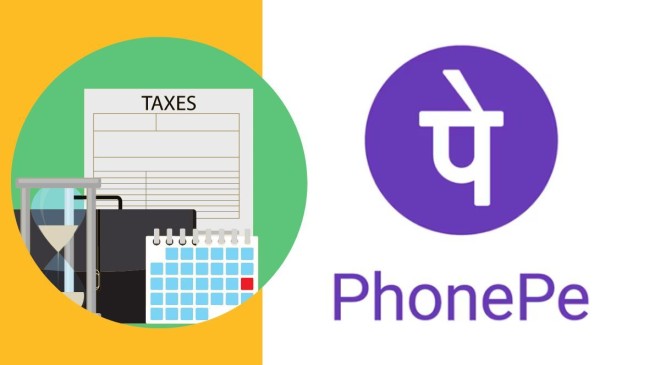

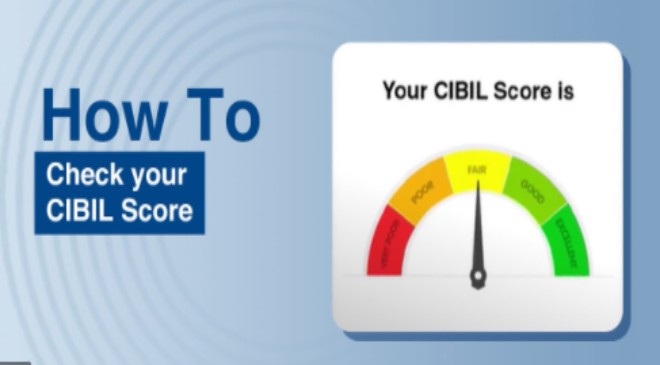


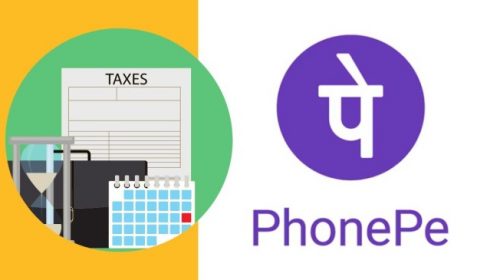

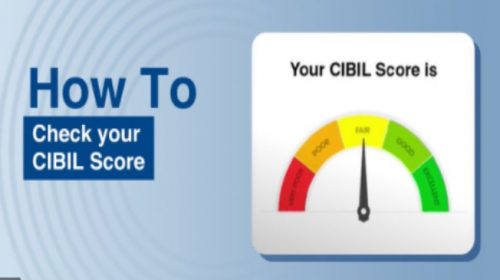

I like this web site very much so much superb info